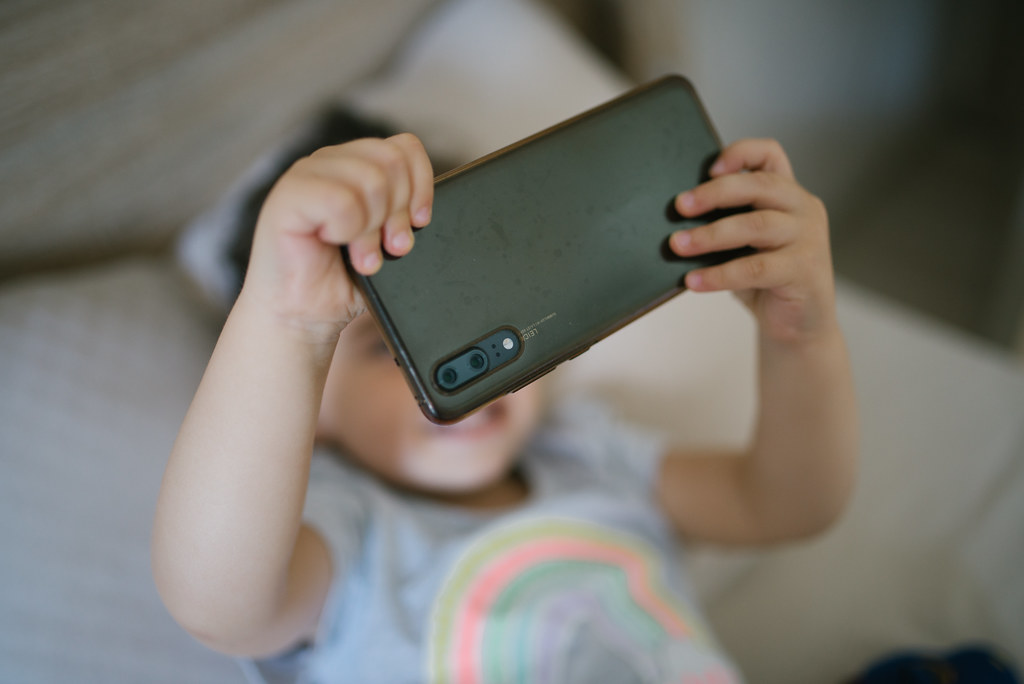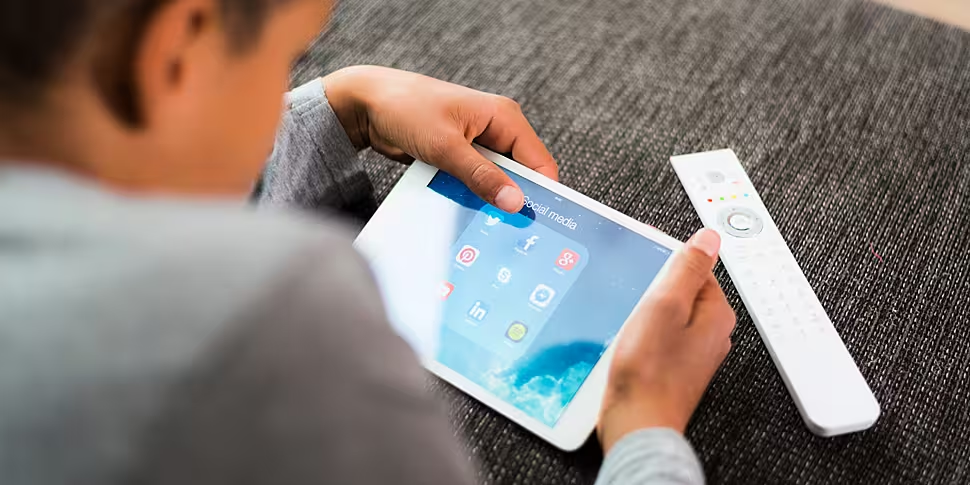Parents have been advised to “hold off as long as possible” from giving their children access to screens.
A number of French learned societies, representing experts in ophthalmology, paediatrics, public health, child and adolescent psychiatry and health and environment, have warned that even brief exposures to screens can have a long-term negative impact on a child’s health and wellbeing.
French parents are already advised not to let their children use screens until the age of three; however, in an open letter, the experts suggested this should be raised to six.
On Newstalk Breakfast, Ollwyn Moran of Cognikids said the first three-years of a child’s life are “really important” to the development of their brain.
“The first three-years, super, super critical for brain wiring and firing - and also then for pruning, where the brain hangs onto networks that are required,” she said.
“So, in those first three-years, the right brain is online more than the left brain.
“Right brain, its function really is in terms of relationships, attachments, security, bonding - that’s how we learn about the world in the first three-years.
“It also helps with speech because we know speech is more than words; it’s facial expressions, nuances and so on.”
 A child holding a smartphone. Picture by: Alamy.com
A child holding a smartphone. Picture by: Alamy.comMs Moran added that the use of a screen will distort how a child’s brain develops.
“If you use your child to use phones or screens, they activate the left centre, their very left brains,” she said.
“So, basically that impacts the stability and structural foundations.
“If you look at our teenage population now, you’ve got kids who won’t look at you, who would prefer to send a text than take a phone call, huge problems around mental health connectedness bonding - even with family and their peers.
“That’s one of the issues.”
How much screen time is okay? Try to avoid screen time completely for under 2s. Try to keep screen time for 2-5 year olds to 1 hour each day. For children over 5, a good guide is no more than 2 hours each day. You can find out more here: https://t.co/WpJFLN2Kw5 #MakeAStart pic.twitter.com/OJ9s0s8yu4
— HSE Ireland (@HSELive) March 21, 2019
Ms Moran continued that screen time will also delay a child’s language development.
“There’s loads of studies supporting that the more screens and access to screens that little ones have between the ages of two and four, actually decreases their language and cognitive development,” she said.
To any parents worried about their child’s access to devices, Ms Moran suggested they reflect on their own use of screens as well.
“Because that also does impact little ones; hold off for as long as possible,” she said.
“You should never give them their own device - it should be a family device.
“So, if there’s an iPad, it’s the family iPad. It’s not Johnny and Sarah’s iPad, it’s the family iPad.”
Main image: A boy using an iPad. Picture by: Alamy.com









